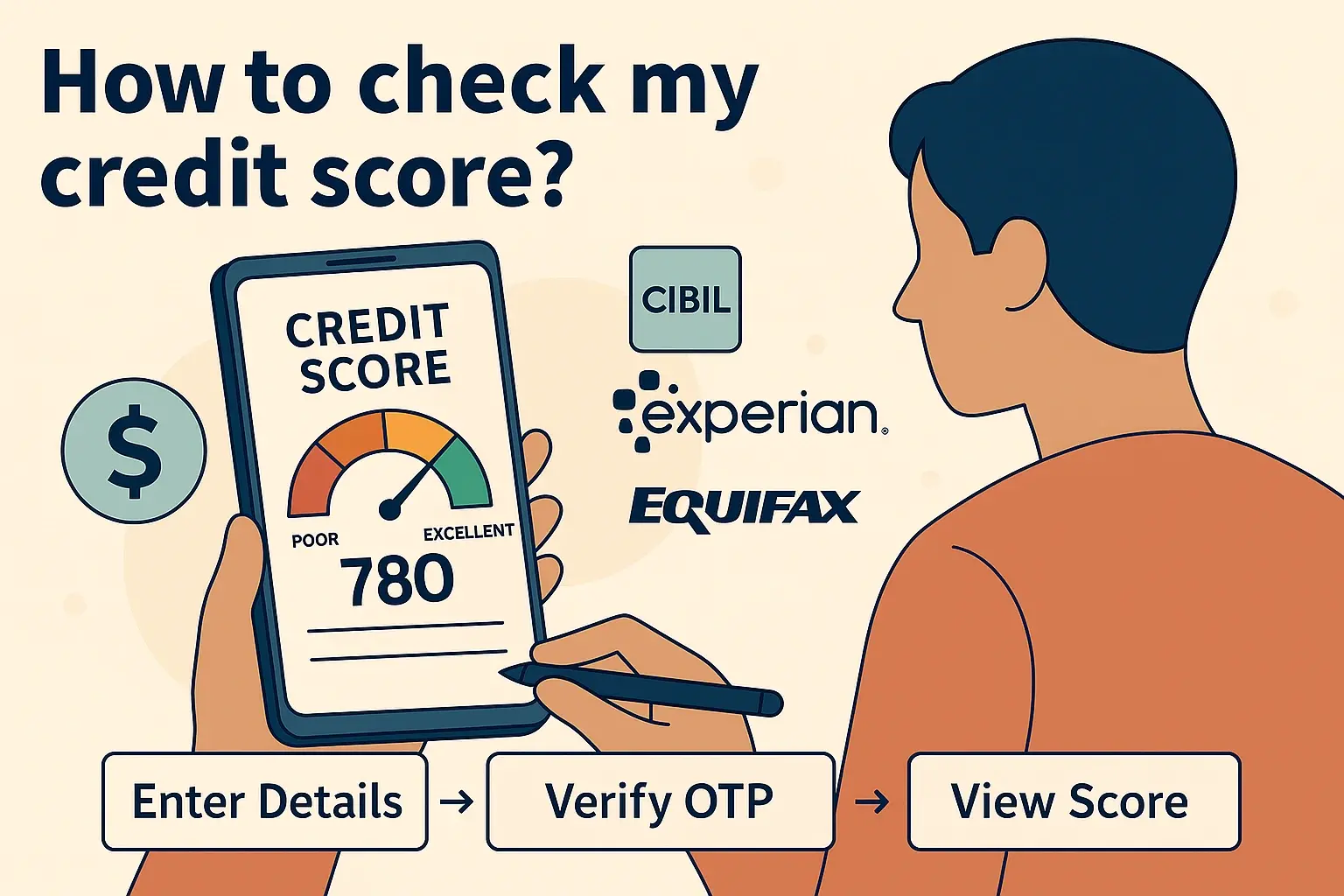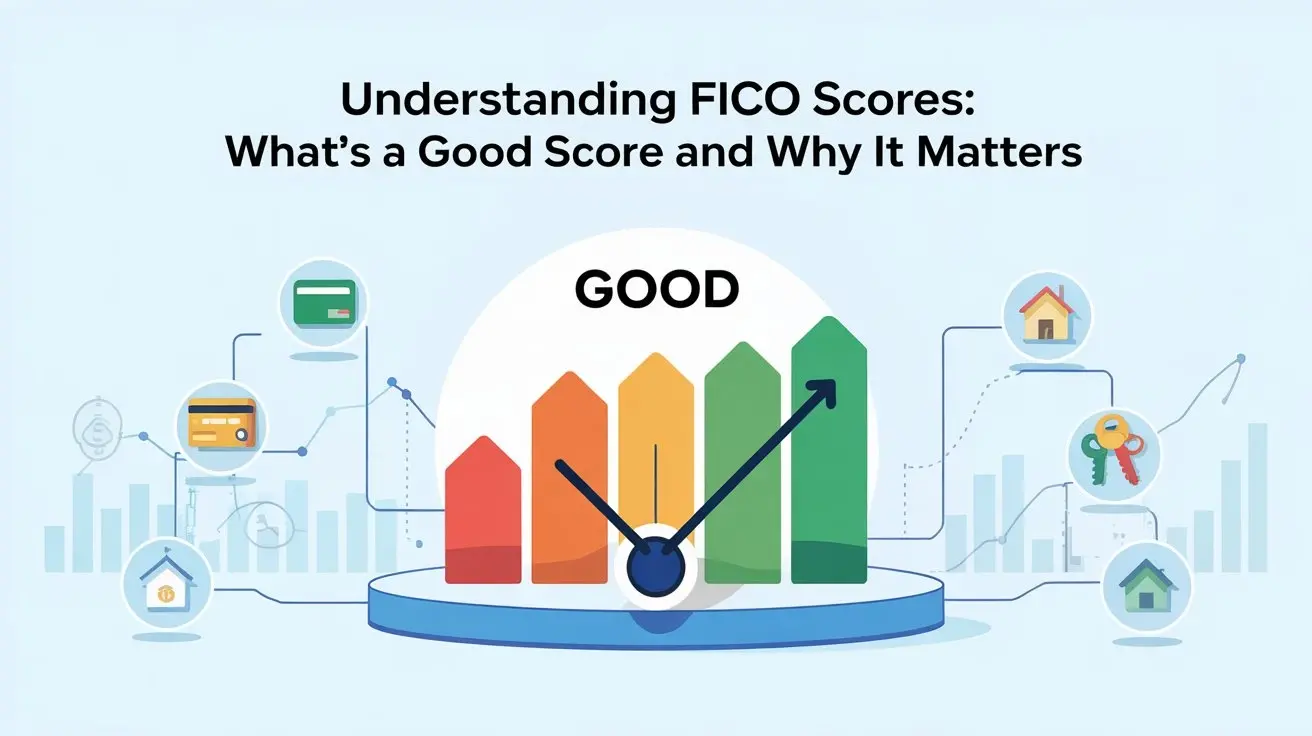What Is A Good Transunion Credit Score?
A TransUnion credit score is a three-digit figure that is found within 300 to 850 and is obtained from the TransUnion credit report information. Your TransUnion credit score, therefore, helps lenders estimate your likelihood of repaying a loan within the required time. Just to summarise, the higher the credit score, the better in general. However, what makes up a ‘good’ TransUnion credit score is something that many people are not sure of.
Below is a breakdown of some of the credit scores and what they entail:
800+ Credit Scores A credit score over 800 is considered good according to TransUnion. If your credit score falls within this bracket, then lenders consider you as creditworthy and will go for the best rates and loan offers. It is to be noted that only around 0. 7 percent of all consumers have credit scores higher than 800. If you can manage to get such a score, you will be in a position to qualify for the best terms in the money market such as 0 percent initial APR credit cards.
740-799 Credit Scores Scores ranging between 740 to 799 are still good but not as strong as a score of 800 or above that you get with TransUnion credit scores. Such a score is slightly higher than the national average score of 690 to 719 for credit scores in the United States. That means you should be eligible for most loans and credit cards at fairly low interest rates and though not the lowest you could find out there for perfect credit scores, 740+ is still impressive. Approximately 15 percent of consumers have credit scores in this upper category, thus reflecting a high level of creditworthiness.
680-739 Credit Scores FICO credit scores ranging between 680 and 739 are still considered to be good based on the standards from TransUnion. These people constitute the largest part of consumer credit scores. It is usually considered a decent credit rating as most loans and credit cards are awarded to borrowers in this bracket at fair interest rates. A notable exception is some mortgage lenders who state the best rates on their websites but those rates apply to those with higher credit scores. These credit scores are seen in roughly 25% of the population.
620-679 Credit Scores Credit scores that fall within the 620 to 679 categories can be regarded as fairly or average at TransUnion. Those individuals who have credit scores in this region will most likely be able to get credit cards and loans, though they may not receive the most favorable interest rates and other options. Rates, as well as fees in this type of account, could be above the normal average of what is charged in the market. Some lenders consider candidates with FICO scores lower than 640 as subprime candidates and they offer credit only on much more stringent terms. Credit consumers have been grouped depending on credit score rating, and about 25% of consumers have fair credit less than 680.
580-619 Credit Scores Having TransUnion credit scores below 580 is still tolerable but they are getting closer to the poor credit score level. Such scores show that you have credit issues in the past including cases where you regularly missed your payment or have accounts that have been turned over to collection agencies. The credit score shows that people who are considered to be of bad credit status are usually rejected by lending institutions because they are considered to be risky. If you can qualify, you will be charged higher interest rates and fees than those offered to the standard, good, or excellent credit borrowers. Fewer credit scores possessed by TransUnion are below 600 and the consumer's share of 20%.
A credit score is a numerical representation of your creditworthiness which is determined by certain parameters as follows Having established the various categories of credit scores, let us take a look at the factors that contribute to the TransUnion credit score that you hold.
There are five main factors that each make up a percentage of your overall score:
- Payment history (35 percent): Whether or not you make your payments as they are due or are in arrears with credit cards, store cards, fuel and electric accounts, car loans, and mortgages. These findings were also confirmed by the current and total late payments models, where the recent payments have a greater impact than the older ones.
- Credit utilization (30 percent): The total credit utilization ratio is the relative percentage of one’s total credit limit that is applied at any given period. This reduces your rating because amounts owed to credit card companies can significantly decrease if balances are high in comparison to your credit limits.
- Credit history length (15 percent): Overall length of credit history, including the length of credit history, oldest account age, and average account age. This one is self-explanatory and fairly simple: the more positive history you have, the better.
- Credit mix (10 percent): Whether you have ever made use of any form of credit, credit cards, retail accounts, installment loans, finance company accounts, or mortgages.
- New credit applications (10 percent): If you have applied for many new credit accounts in the past few weeks then that can reduce your score. Every hard inquiry is a small part of your score but each new one that comes along counts towards the score.
Ways of Bringing Your TransUnion Credit Score High Improving your TransUnion credit score is doable with time and commitment to better credit habits, such as:
- Pay all bills on time and if there is a need for a payment reminder, then get the reminder. You stand to lose one or two points simply because of one payment made a day late.
- Use the credit accounts for a longer period and refrain from applying for many of them at the same time. It determines that the length of positive history and the total number of accounts are important in this case.
- Revolving credit such as credit cards should be kept at low rates below 30 percent of the total limit and lower is preferable. In other words, the ratio of balance to your total available credit is the most influential factor.
- Clean your credit report once in a while to ensure that no fraudulent accounts have been opened in your name and which are pulling down your score. Dispute any inaccuracies found.
- Avoid extension of credit applications as much as possible. When there are multiple hard inquiries, such as when applying for several new accounts, it may signal increased risk to lenders. You also need to space out your new applications by about six months to a year apart or so.
As a rule, it is necessary to pay attention to your TransUnion credit score and control it as you can face some problems, and having their control, you can prevent them from developing. Although a score over 800 is considered exceptional, the range of a good TransUnion credit score rests on factors such as the applicant’s intended use. Anything above 700 is considered a good credit score overall, but it is emphasized that more attention should be paid to positive credit behavior rather than being fixated on a particular numeric score. Just like with any other credit-building strategy, you will get your reward as you work it out.
Ready to boost your credit score? Call +1 888-804-0104 now for the best credit repair services near you! Our expert team is here to help you achieve financial freedom and improve your credit. Don't wait—get started today!



